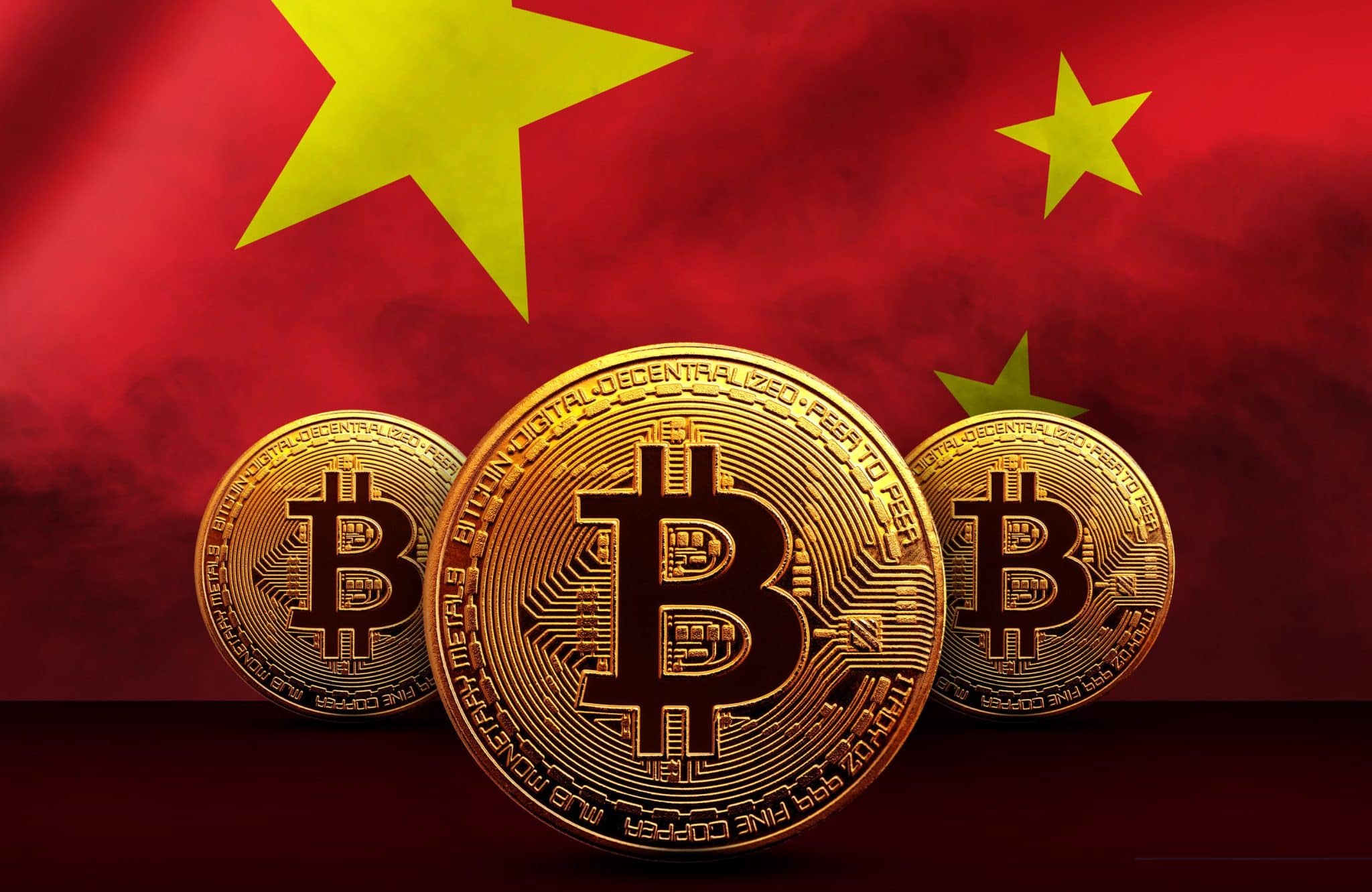
Chinese Local Authorities Explore Options to Liquidate Seized Cryptocurrency
Local governments in China are considering selling confiscated crypto assets. This is a response to the complex legal environment stemming from a strict ban on crypto trading.
According to a Reuters report from April 16, inconsistent practices regarding how confiscated digital currencies are managed have raised concerns about transparency and potential corruption.
Selling Seized Crypto Offshore
Some local governments have turned to private companies to sell the confiscated crypto on foreign markets, converting it to cash to support public finances. These transactions appear to be effective, with local governments reportedly holding around 15,000 Bitcoin (BTC), approximately valued at $1.4 billion by the end of 2023. Currently, China is estimated to possess 194,000 BTC, worth about $16 billion, ranking second globally as a national Bitcoin holder, only behind the United States.
Chen Shi, a professor from Zhongnan University, remarked on this approach, calling it a “makeshift solution” that does not align with China’s comprehensive crypto prohibition.
CNBC: 🇨🇳 CHINA WANTS BITCOIN
This flips the entire game.
When one of the world’s biggest economies starts buying BTC…
You think $109K is the top? Think again. pic.twitter.com/TUH71xx8tC
— Merlijn The Trader (@MerlijnTrader) April 15, 2025
The rise in crypto-related crimes complicates the situation. In 2024, over 3,000 people were prosecuted for crimes related to crypto, including money laundering and illegal gambling. Legal experts have suggested that the People’s Bank of China should assume responsibility for these seized assets, possibly converting them for national reserve or trading abroad.
Citizens Utilizing Offshore Exchanges
Despite the ban, many Chinese continue to acquire cryptocurrencies through offshore exchanges and VPNs, complicating enforcement measures. As discussions get more urgent among policymakers on how to handle seized cryptocurrencies, experts warn that the absence of standard regulations can lead to mismanagement and corruption risks.



